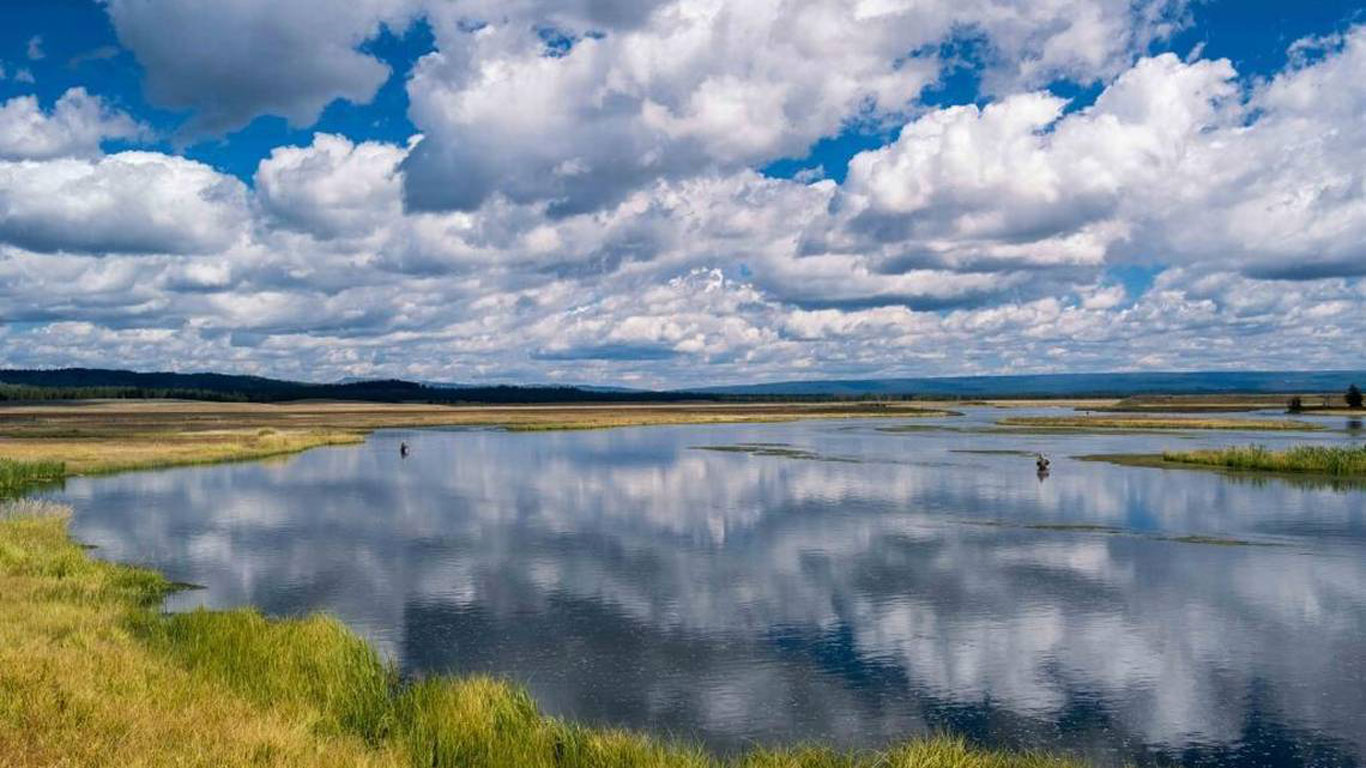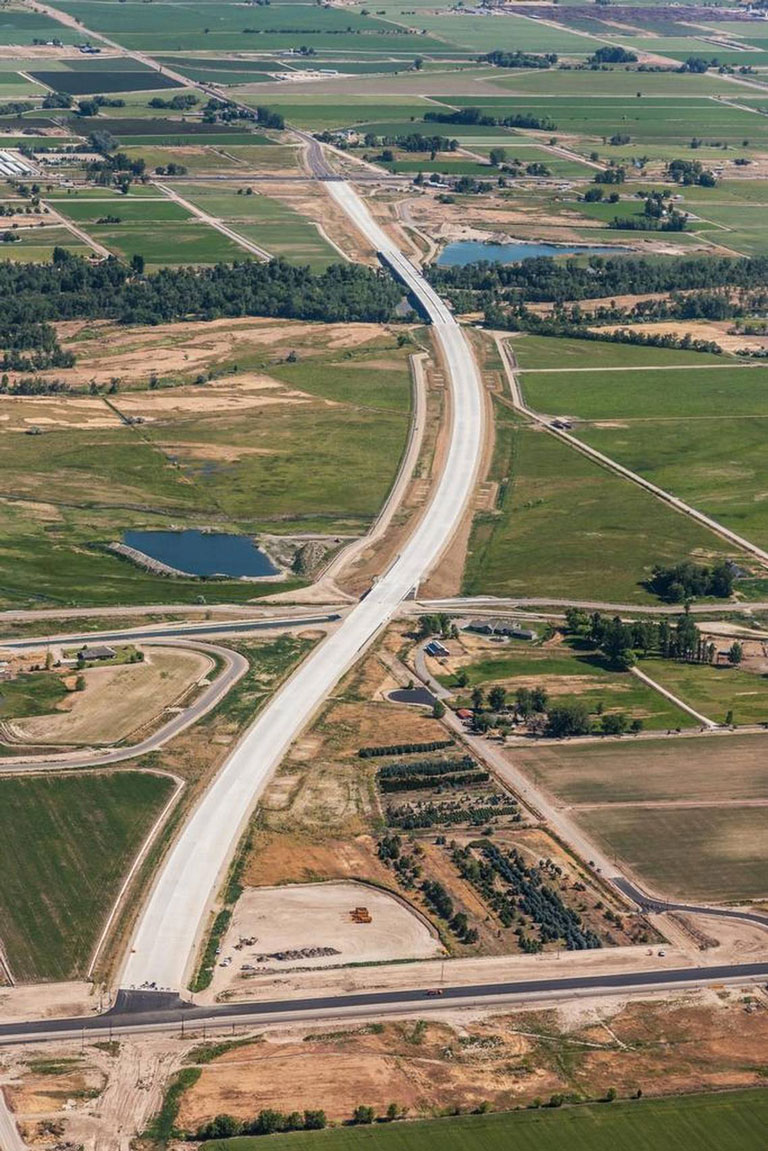Hunting and Fishing News & Blog Articles
Henry’s Fork Public Access at Risk

BS HR Millionaires Pool Fisherman. Photo by CM Lansche
A wrinkle in a legal document regarding state ownership of a legendary section of the Henry’s Fork on the Snake River has the potential to take the resource out of public hands. Harriman State Park contains the Railroad Ranch, which was a gift made in the early 1960’s to the state of Idaho from the E.H. Harriman family. The Harriman’s were some of the most successful railroad magnates of the 19th century, and initially intended the ranch to serve as a preserve for waterfowl, but it has since become regarded as one of the nation’s premier and publicly accessible fly fishing destinations.
The political boondoggle has arisen from a proposed bill (Idaho House #496) being introduced into the state legislature where the governor would be given the power to make direct appointments for the leadership of the Board of Directors of three state agencies — the Department of Transportation, Department of Parks and Recreation, and the Department of Corrections. As regards to Harriman State Park however, the issue is a provision in the language of the original donation of the resource, which stipulates that the Director of the Board would have to be chosen on a basis of merit. Historically, the Director of these various agencies would be elected by the Board to represent their overall values and concerns. This was intended to provide assurance that the Board — whose members are all unpaid gubernatorial appointees, and assumed to comprise a balanced political body — would be acting without bias. With the potential for a direct appointee to the position of Director be made by the governor, the question arises of whether the candidate is of assured merit. If this could be argued to in a court of law, then the original agreement of the gift of the Railroad Ranch to the state could be invalidated, in which case the resource would revert to ownership by the Harriman family. This is something the Harrimans are reportedly adverse to not only from a management and funding perspective, but as a matter of family legacy.
As per recent coverage in the Idaho Statesman, the strategy to introduce the bill is of itself is being questioned as to it’s motivations, and unintended consequences. The bill was introduced by House Transportation Chairman Joe Palmer (R-Meridian), and there is an impression among other lawmakers that the intent is to provide political leverage for approval of a lucrative road building contract on the other side of the state from Harriman, Idaho Rt 16, in which Palmer is accused of having professional interests. Palmer could have structured the bill to only address the Dept. of Transportation leadership, but instead included two other agencies in an apparent effort to avoid the impression of having an agenda. This created a domino effect of consequences with the other two agencies, the first being the Harriman issue, and the second being that a political appointee for the Dept. of Corrections has been dismissed out of hand by analysts as being flatly unconstitutional. Still, Palmer has persisted in including the three agencies in his proposal, despite being advised of the political downsides.
In the Statesman coverage, veteran reporter Rocky Barker — himself a lifelong fly fisherman and guidebook author — quoted Brian Kane, Idaho’s chief deputy attorney general.

Highway 16 Bridge Construction. Photo by Idaho Airships
“A director appointed by the governor would be required to operate under the direction of the board, but for employment purposes be directly answerable to the governor,” Kane wrote. “The legal reality of this change would be to take a position that is currently politically insulated and make it intensely political, particularly in the event the director must answer to divergent policy choices of the board and the governor.”
Thanks to the press, the issue has not gone unnoticed by the general public. I spoke with Todd Lanning at Henry’s Fork Anglers in Island Park, and asked what impacts the potential reversion of Harriman State Park to private control would have.
“The answer is simple.” said Todd “It would be devastating not only to outfitters, but to every business in the area. Harriman is a basis for the local economy. But there has been a stong showing of people going down to Boise to make their voices heard on this, I think we have a good chance this thing wont stand a chance when it comes up for vote.”
The introduction of Idaho House 496 underlines the need for sportsmen to remain vigilant and involved in the political process. In a world with diminishing available resources, those that are currently under the protection of law will have those protections come under increasing pressure to be compromised or even eliminated altogether. It is up to the public and the sporting community to maintain an awareness of the legal mechanisms that ensure our wild resources will remain intact.
The post Henry’s Fork Public Access at Risk appeared first on Fly Fisherman.
Copyright
© Fly Fisherman
